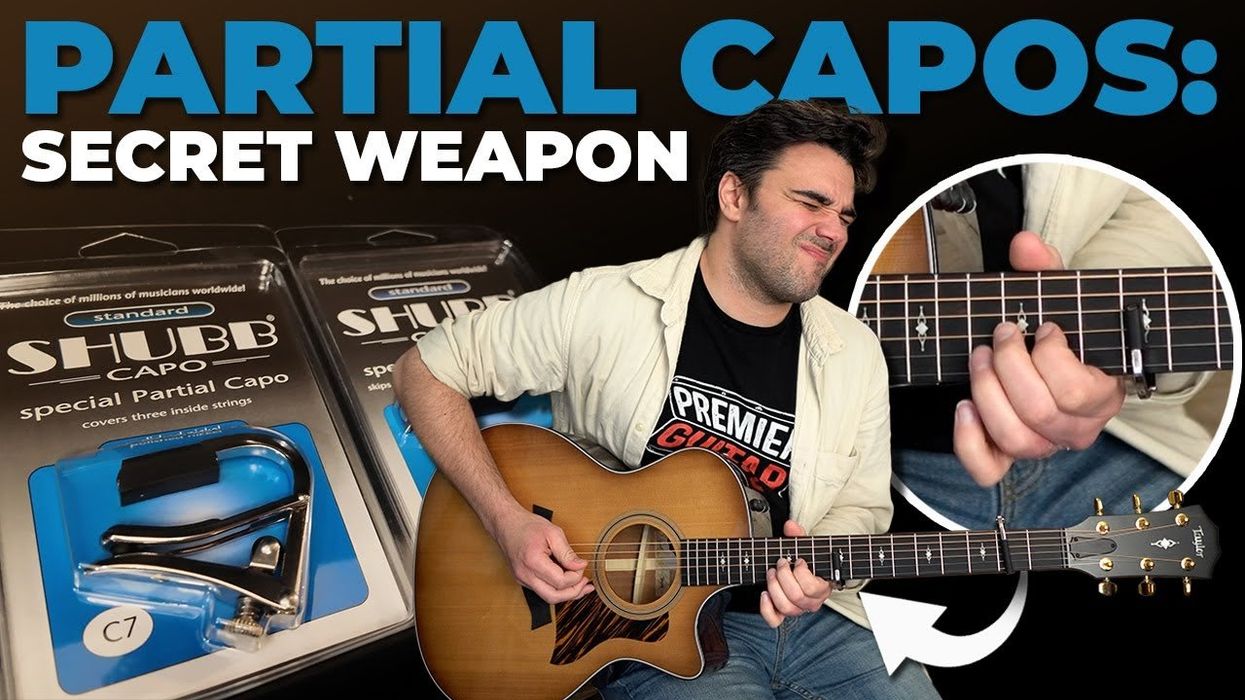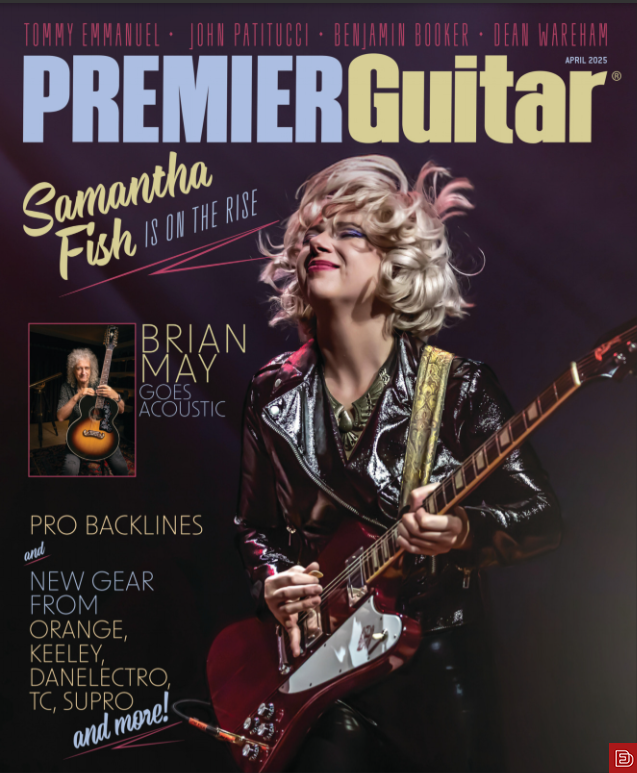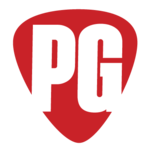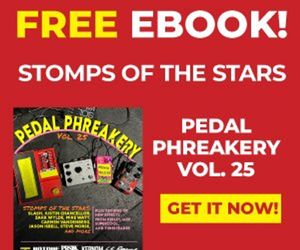Few musical acts did more to put their fame and fortune to good use than punk rock icon Wayne Kramer. Known for his enduring commitment to activism, especially in justice reform, his life story embodies the defiant, DIY ethos of punk, directly inspiring generations of bands and musicians who followed. Now, fans and fellow musicians alike can attempt to emulate Kramer’s incendiary sound with the new, limited-edition pedal.
Designed before his death in February 2024, Wayne Kramer—together with friend Jimi Dunlop (Dunlop CEO) and Daredevil Pedals owner Johnny Wator —the pedal features artwork from artist and activist Shepard Fairey (Obey Clothing founder). A majority of profits from the sale of the pedal goes directly to Kramer’s charity supporting the rehabilitation of incarcerated people of all ages, genders, and backgrounds.
In honor of his close friend, Tom Morello—the innovative guitarist behind Rage Against the Machine, Audioslave, the Nightwatchman, and more—demoed the pedal, showcasing its sound and shining light on Wayne Kramer’s incredible legacy.
Tom Morello Introduces MC5 Wayne Kramer-Inspired Pedal For Charity: MXR Jail Guitar Doors Drive
"What they've tried to bake into the MXR® Jail Guitar Doors Drive distortion pedal is not just Wayne's sound but Wayne's attitude, and the grit and the rawness of Detroit and of the MC5," said Morello, one of Kramer’s best friends, during his demo of the pedal. "This is the guitar pedal that was used on the song 'Heavy Lifting' that I recorded with Wayne for the last MC5 record.
"Named after the late rocker's charity—which provides instruments and art workshops to incarcerated individuals as rehabilitation tools—the MXR® Jail Guitar Doors Drive pedal aims to capture all of the high-voltage energy of Wayne Kramer's sound. It features two uniquely voiced gain circuits cascaded together with a singular pot controlling both the output level of each circuit and the overall saturation level of the distortion.
Music makers looking to capture Kramer’s raw, fiery sound can pick up the new MXR® Jail Guitar Doors Drive pedal, exclusively on Reverb via The Official MXR Jail Guitar Doors Drive Reverb Shop for $199, here: https://reverb.com/shop/the-official-mxr-jail-guitar-doors-reverb-shop.
Kiesel Guitars has introduced their newest solid body electric guitar: the Kyber.
With its modern performance specs and competitive pricing, the Kyber is Kiesel's most forward-thinking design yet, engineered for comfort, quick playing, and precision with every note.
Introducing the Kiesel Kyber Guitar
- Engineered with a lightweight body to reduce fatigue during long performances without sacrificing tone. Six-string Kybers, configured with the standard woods and a fixed bridge, weigh in at 6 pounds or under on average
- Unique shape made for ergonomic comfort in any playing position and enhanced classical position
- The Kyber features Kiesel's most extreme arm contour and a uniquely shaped body that enhances classical position support while still excelling in standard position.
- The new minimalist yet aggressive headstock pairs perfectly with the body's sleek lines, giving the Kyber a balanced, modern silhouette.
- Hidden strap buttons mounted on rear for excellent balance while giving a clean, ultra-modern look to the front
- Lower horn cutaway design for maximum access to the upper frets
- Sculpted neck heel for seamless playing
- Available in 6 or 7 strings, fixed or tremolo in both standard and multiscale configurations Choose between fixed bridges, tremolos, or multiscale configurations for your perfect setup.
Pricing for the Kyber starts at $1599 and will vary depending on options and features. Learn more about Kiesel’s new Kyber model at kieselguitars.com
The Sunset is a fully analog, zero latency bass amplifier simulator. It features a ¼” input, XLR and ¼” outputs, gain and volume controls and extensive equalization. It’s intended to replace your bass amp both live and in the studio.
If you need a full sounding amp simulator with a lot of EQ, the Sunset is for you. It features a five band equalizer with Treble, Bass, Parametric Midrange (with frequency and level controls), Resonance (for ultra lows), and Presence (for ultra highs). All are carefully tuned for bass guitar. But don’t let that hold you back if you’re a keyboard player. Pianos and synthesizers sound great with the Sunset!
The Sunset includes Gain and master Volume controls which allow you to add compression and classic tube amp growl. It has both ¼” phone and balanced XLR outputs - which lets you use it as a high quality active direct box. Finally, the Sunset features zero latency all analog circuitry – important for the instrument most responsible for the band’s groove.
Introducing the Sunset Bass Amp Simulator
- Zero Latency bass amp simulator.
- Go direct into the PA or DAW.
- Five Band EQ:
- Treble and Bass controls.
- Parametric midrange with level and frequency controls.
- Presence control for extreme highs.
- Resonance control for extreme lows.
- Gain control to add compression and harmonics.
- Master Volume.
- XLR and 1/4" outputs.
- Full bypass.
- 9VDC, 200mA.
Artwork by Aaron Cheney
MAP price: $210 USD ($299 CAD).
PG contributor Tom Butwin reveals his favorite songwriting secret weapon: the partial capo. Watch how the Shubb C7 and C8 can simulate alternate tunings without retuning your guitar—and spark fresh creative ideas instantly.
Shubb C8b Partial Capo for Drop-D Tuning - Brass
The C8 covers five of the six strings, leaving either the low E or high E string open, depending on how it's positioned.
- Standard setup: Placed on the 2nd fret while leaving the low E string open, it simulates Drop D-style sounds—except you're still in standard tuning (key of E). You get that big, droning bass feel without retuning.
- Reverse setup: Flipping the capo allows the high E string to ring, giving you shimmering drones and new melodic options across familiar chord shapes.
- A flexible tool that lets you simulate alternate tunings and create rich sonic textures—all while keeping your guitar in standard tuning.
Shubb C7b Partial Capo for DADGAD Tuning - Brass
The C7 covers three of the six strings—either D, G, and B or A, D, and G—depending on how it's flipped.
- Typical setup (D, G, B): Creates an open A chord shape at the 2nd fret without needing your fingers. This frees you up for new voicings and droning notes in the key of A.
- Reversed setup (A, D, G): Gets you close to a DADGAD-style tuning vibe, but still keeps you in standard tuning—great for modal, spacious textures often found in folk or cinematic guitar parts.
Use it alone or stack it with the C8 for wild, layered effects and truly out-of-the-box inspiration.





